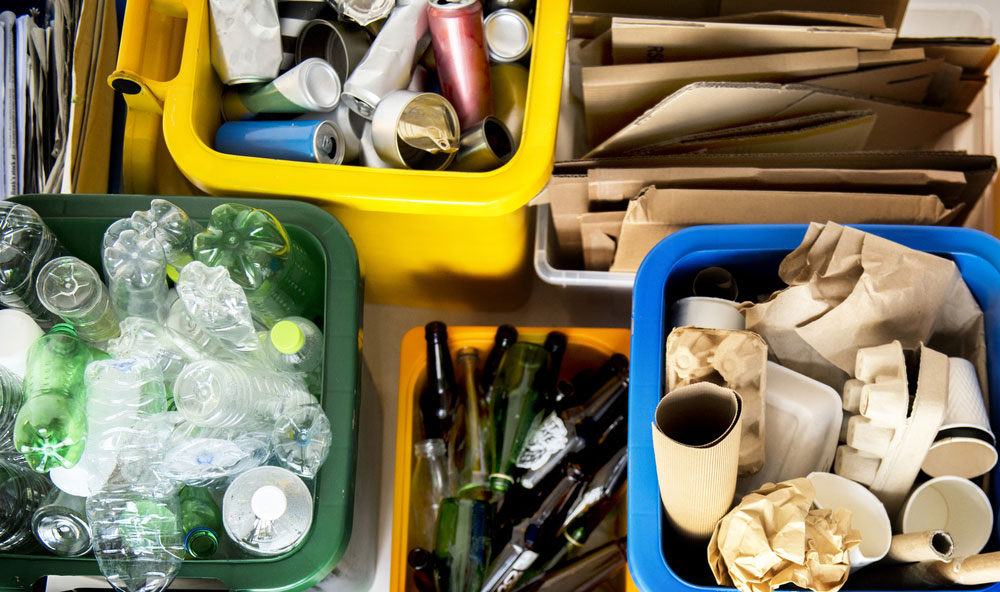
Recycling is a great way to help the environment and can make us feel like we’re doing our bit for the planet. But are you helping as much as you think you are? To ensure you’re getting it right, read this guide on what can and can’t be recycled.
Recycling has become a crucial part of our bid to save the planet and it’s not hard to see why. It’s such an easy adjustment to make in our lives and with such long-lasting benefits, it’s a no-brainer. In terms of its environmental benefits, it conserves energy whilst reducing both air and water pollution. It also reduces our reliance on landfills, which lowers the number of greenhouse gases being emitted and helps to conserve natural resources. Not to mention how many jobs it provides by creating a whole new sector in the waste industry!
As it stands, there are a lot of misconceptions regarding what can and can’t be recycled, which causes issues when products come to be disposed of. For example, many people don’t know you have to rinse your food containers and tins before recycling them, otherwise, they’re not viable.
Here is a list of items that can’t be recycled:
Note: if you contaminate your recyclable goods with any of this waste, it will all end up in landfill as none of it can be recycled safely.
Plus, while some of these items can’t be recycled, they can be donated (clothes, toys, furniture), which can also prevent them from ending up in landfill.
While the list above may seem comprehensive, there still plenty of waste that can recycled, including:
You can help by searching your council’s list of recyclable materials and enforcing proper recycling practices in your daily life. Make sure you’re correctly organising your recyclable goods at home to ensure everything gets sent to where it should be and no materials are contaminated and sent to a landfill.
Aim to recycle as much as possible. For example, if you are away from home and have an empty plastic bottle but the only bin available is a regular litter bin, keep hold of the bottle until you get home so you can dispose of it responsibly.
Saving the planet is a group effort – it’s going to take a lot more than recycling a few bottles here and there. But by incorporating proper recycling practices into your daily life, you’re already on the right track. Visit Anything Environmental for more guidance today.
Help us save the environment and protect our community.